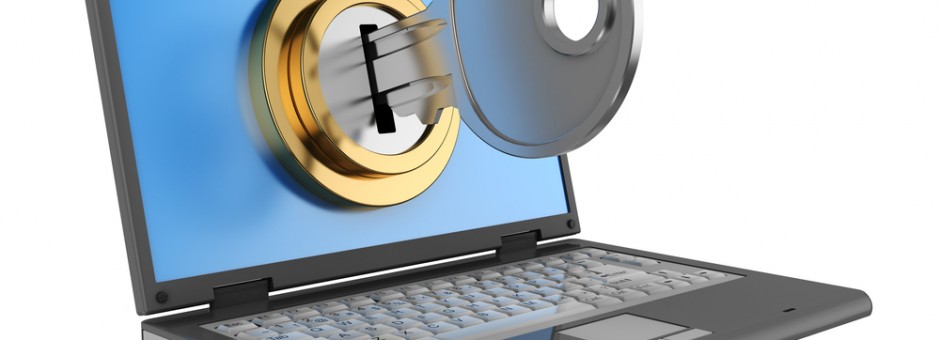Good tech habits aren’t just for geeks and computer nerds. Your online security habits can help keep all of your personal information safe, help you avoid frustration, and can save you money in the long run. We’ve mustered up SEVEN online security habits that we think you and everyone else should have.
1. Create strong passwords and change them accordingly
Passwords are the keys to the kingdom and are often the only thing standing between your private information and the rest of the world. There are general guidelines which you should follow to ensure your passwords stand up to the test
- Make passwords long and complex
- Use a mix of upper and lower case letters
- Use numeric and special characters when possible
It is also good practice to change your passwords regularly. Changing them once every three months will help to ensure that you hold the only key to your personal information.
2. Lock your computer screen
If you leave your computer unlocked and unattended, you never know who might use it. These people pose a threat in the sense that they may potentially turn private information public or download malware or other unwanted viruses.
It only takes a few seconds to lock your computer and it may save you big time in the long run. This can also apply to smartphones and tablets, creating a passcode to unlock your device can help protect you from any unwanted intruders.
3. Protect data on mobile devices and removable media
The nature of mobile devices and removable media, such as USBs, means that your information can be easily and conveniently shared and potentially misused. To help protect this information:
- Turn on and accept automatic updates
- Remember to back-up the information regularly
- Remove all the data on the device before you discard the device or give it away
- Encrypt the information, if possible
- Use anti-virus software on your device and keep it up to date
4. Identify URLs before clicking
Common sense is important when it comes to identifying unknown websites. If the site URL looks or sounds suspicious, chances are it is. But there are other ways to determine whether or not it is safe:
- Place your cursor over the displayed URL and the true destination will reveal itself with a small pop-up. Don’t click if it looks suspicious.
- For URL shorteners like tinyurl.com and bit.ly, simply add a plus sign (+) to the end of the URL. This allows you to check the true source before actually visiting the URL.
- When it comes to mobile apps and software, download them from a trusted source, like Google Play, Microsoft.com or Java.com
5. Use public Wi-Fi safely
It is much harder to determine the setup and features of public Wi-Fi and therefore it is potentially more dangerous and intrusive. There are general precautions you can take while using public Wi-Fi to make sure you are always surfing safely:
- Do not enter sensitive personal information such as bank account details
- Ensure websites use HTTPS and display a lock icon
- Try to avoid ever using a public computer to access personal and sensitive information
- Use it only for general web browsing such as weather forecasts or restaurant reviews
6. Think before you post to social media
Chances are you are using social media every time you log on to your computer or smartphone. Although you may use it every day, you still need to understand both the personal and business risks associated with using social media:
- Ask friends and family to keep your personal information private on social media
- Be cautious when participating in games and surveys or when clicking on links shared by others
- Review and update your social media privacy and security settings often
7. Back up your data
You’ve probably been told this a million times, but there is a reason for it. Backing up your data save you a lot of stress down the road, especially if you are unfortunate enough to lose you data. There is also no real reason not to. It is extremely simple to back up your information and the benefits definitely outweigh the costs. So if you haven’t already, then do so today!
Special Christmas Offer
It risky to go on throughout the Christmas holiday without data backing up your data. We are offering a full backup service before Christmas, and a 30% discount on backup hardware and software. Please contact us on 0508 PC service to book.
(note: 30% discount on backup hardware and software only applies when bundled with the backup service)
We Want to Hear From You
Send us an email at enquiries@advancedcomputers.co.nz or post onto our Facebook Page and let us know if you found this article useful. Do you have any other habits or tps which you think will help keep you safe online?



